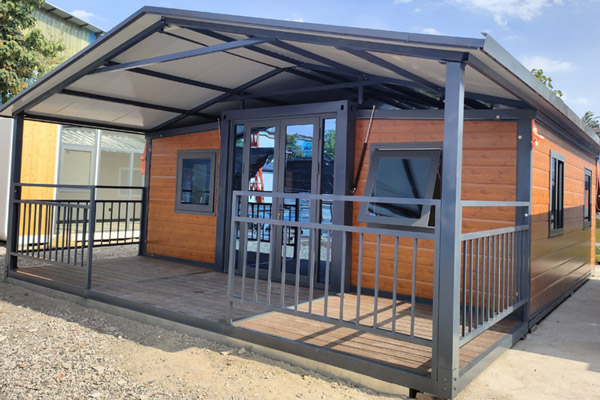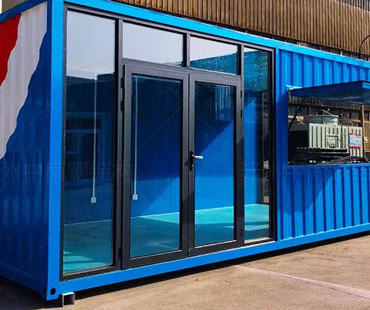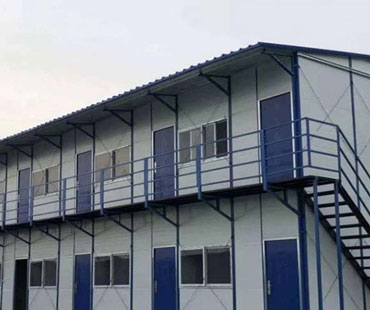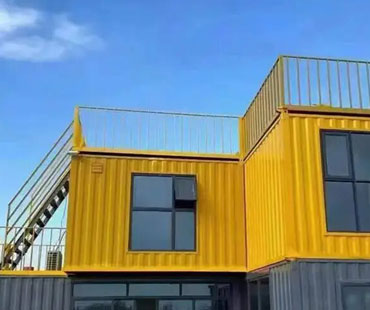In the intricate web of global trade, container design plays a pivotal role in enhancing transportation efficiency. As the demand for faster, safer, and more sustainable shipping solutions continues to grow, innovative approaches to container design are emerging.
Containers are not merely vessels for transporting goods; they are engineered systems that must consider various factors, including durability, security, and efficiency. The right design can significantly impact the logistics of shipping, influencing how quickly goods can be loaded and unloaded, how safely they can be transported, and how cost-effectively they can be handled across different modes of transport.
One of the most significant areas of innovation in container design is the development of new materials. Traditional steel containers are robust but can be heavy, impacting shipping costs and fuel consumption. Researchers and manufacturers are exploring alternative materials such as:
-Composite Materials: Combining different materials can yield containers that are lighter yet strong, improving fuel efficiency during transport.
-Recyclable Materials: With a growing emphasis on sustainability, containers made from recyclable or bio-based materials are gaining traction. These containers reduce the environmental impact and appeal to eco-conscious consumers.
Modularity is another innovative concept gaining popularity in container design. Modular containers can be easily connected or stacked, allowing for flexible configurations based on the cargo type and transport requirements. This approach offers several benefits:
-Space Optimization: Modular designs can maximize space utilization in shipping vessels, reducing the number of trips needed to transport goods.
-Scalability: Businesses can scale their operations more efficiently by adding or removing modules as demand fluctuates.
-Customization: Different modules can be designed for specific cargo requirements, such as temperature control for perishables or increased security for high-value items.

The integration of technology into container design has led to the emergence of "smart containers." Equipped with sensors and IoT (Internet of Things) capabilities, these containers can monitor various conditions during transit, including temperature, humidity, and even GPS location. The advantages of smart containers include:
-Real-Time Tracking: Businesses can track their shipments in real-time, providing visibility that enhances supply chain management and reduces the risk of loss or theft.
-Condition Monitoring: Sensors can alert operators to any changes in conditions that may compromise the integrity of the goods, allowing for timely interventions.
-Data Analytics: The data collected from smart containers can be analyzed to improve transportation routes, enhance inventory management, and optimize overall logistics strategies.
As global trade increases, so does the risk of theft and tampering. Innovative container designs now incorporate advanced security features to protect cargo:
-Locking Mechanisms: Enhanced locking systems that are tamper-proof can deter theft and ensure that goods remain secure during transit.
-Surveillance Technology: Some containers are now equipped with cameras and alarms that activate if unauthorized access is detected, providing additional layers of security.
-Blockchain Technology: The use of blockchain for verifying the authenticity of shipments can enhance trust and transparency in the shipping process, making it harder for fraudulent activities to occur.
Sustainability is a critical consideration in modern container design. As the shipping industry faces increasing pressure to reduce its carbon footprint, innovative designs focus on eco-friendly practices:
-Energy-Efficient Designs: Streamlined container shapes that reduce wind resistance can lead to lower fuel consumption, making transportation more efficient.
-Solar-Powered Containers: Some designs incorporate solar panels that can power refrigeration units or monitoring systems, reducing reliance on fossil fuels.
-End-of-Life Solutions: Innovative designs also consider the lifecycle of containers, ensuring that when they reach the end of their useful life, they can be recycled or repurposed effectively.
Container design and innovation are at the forefront of enhancing transportation efficiency in a rapidly evolving global trade landscape. From advanced materials and modular designs to smart technologies and sustainable practices, the future of containerization promises to be both efficient and environmentally responsible. As these innovations continue to take shape, they will not only reshape the logistics industry but also contribute to a more connected, sustainable world. Embracing these advancements will be crucial for businesses seeking to thrive in an increasingly competitive market while meeting the demands of consumers and regulatory bodies alike.


